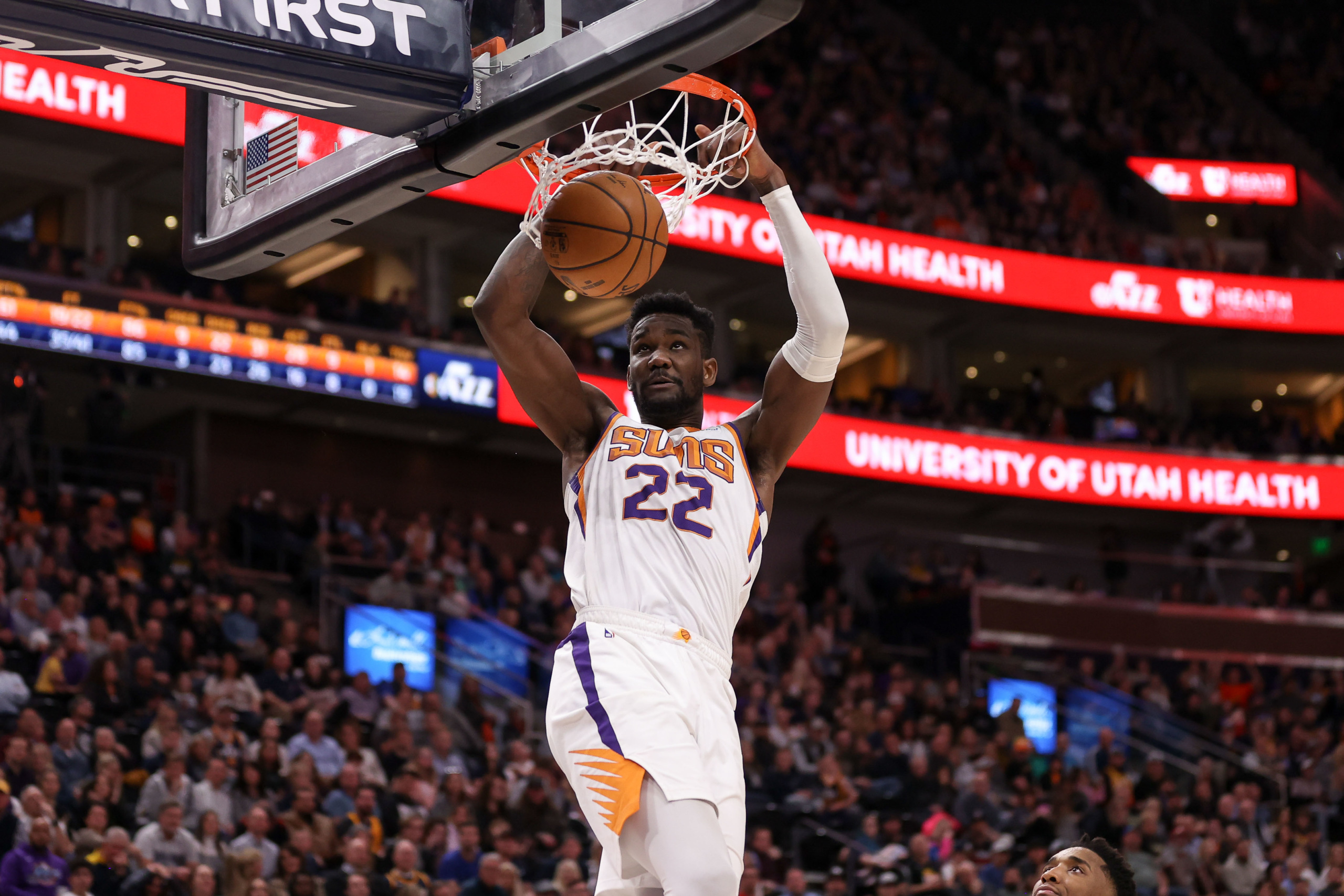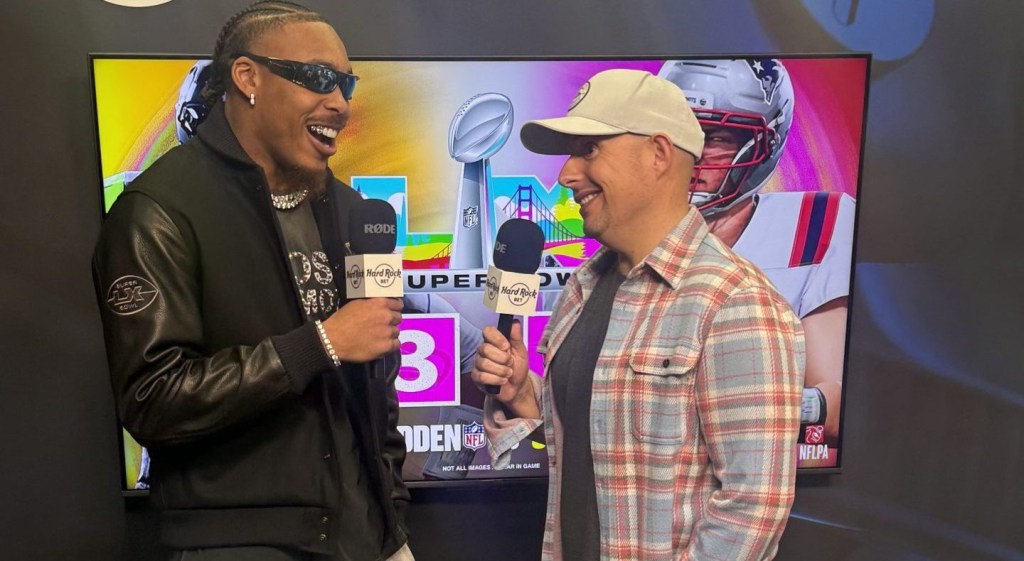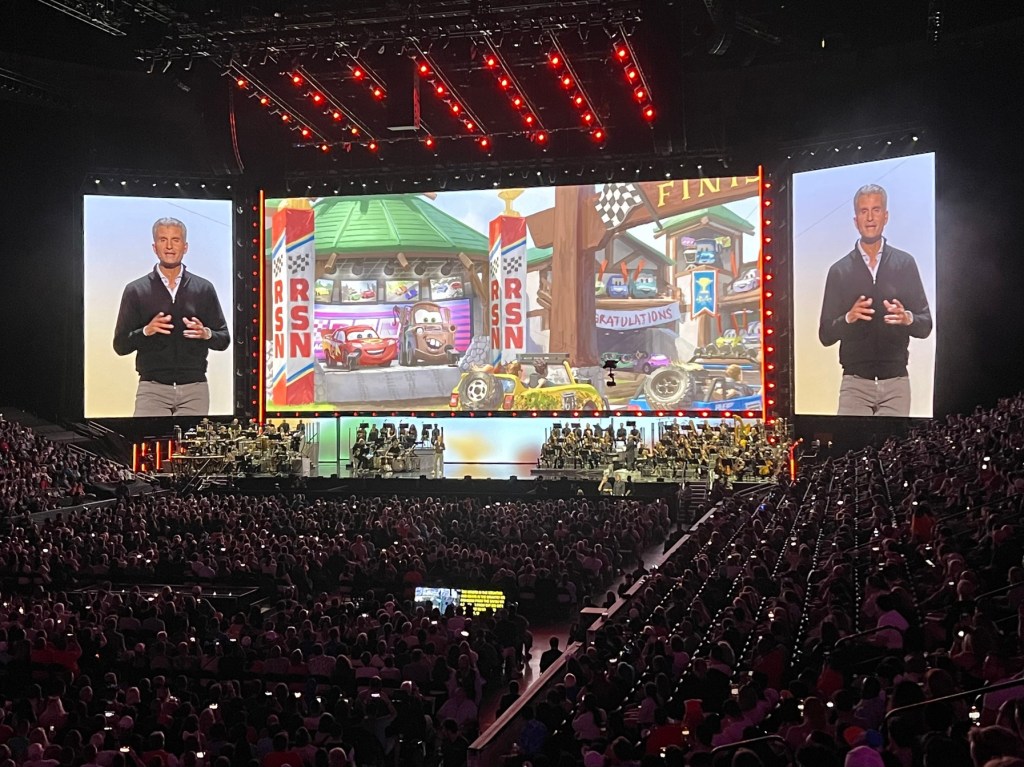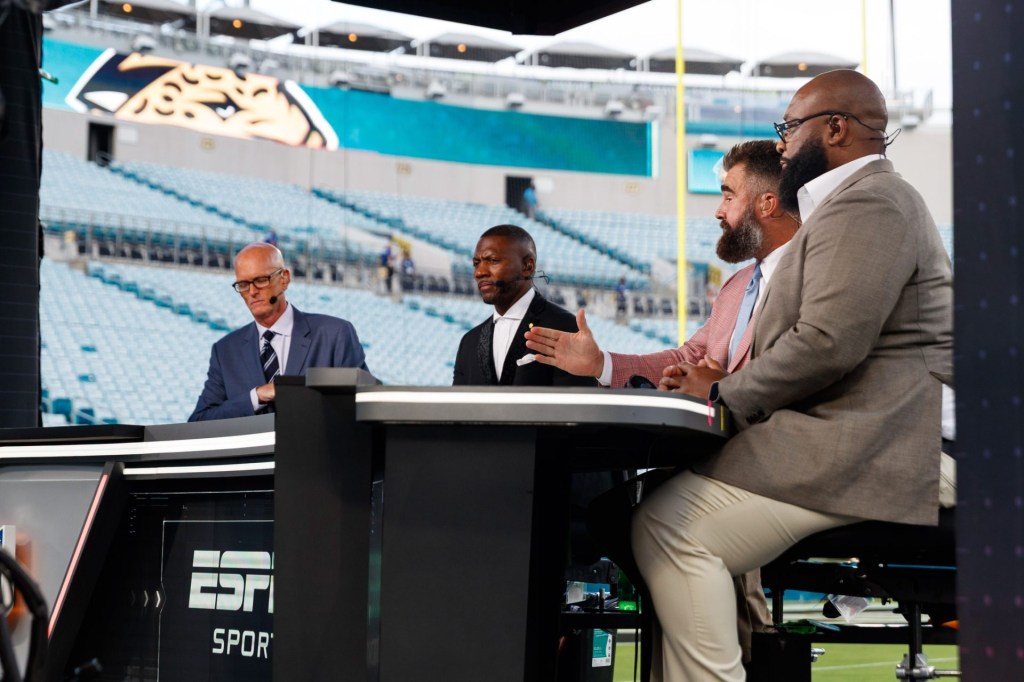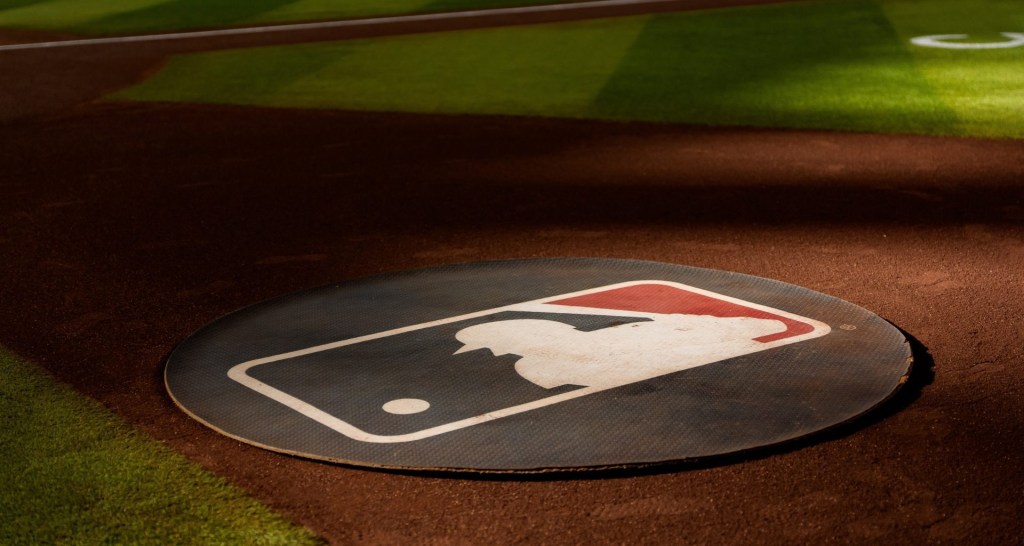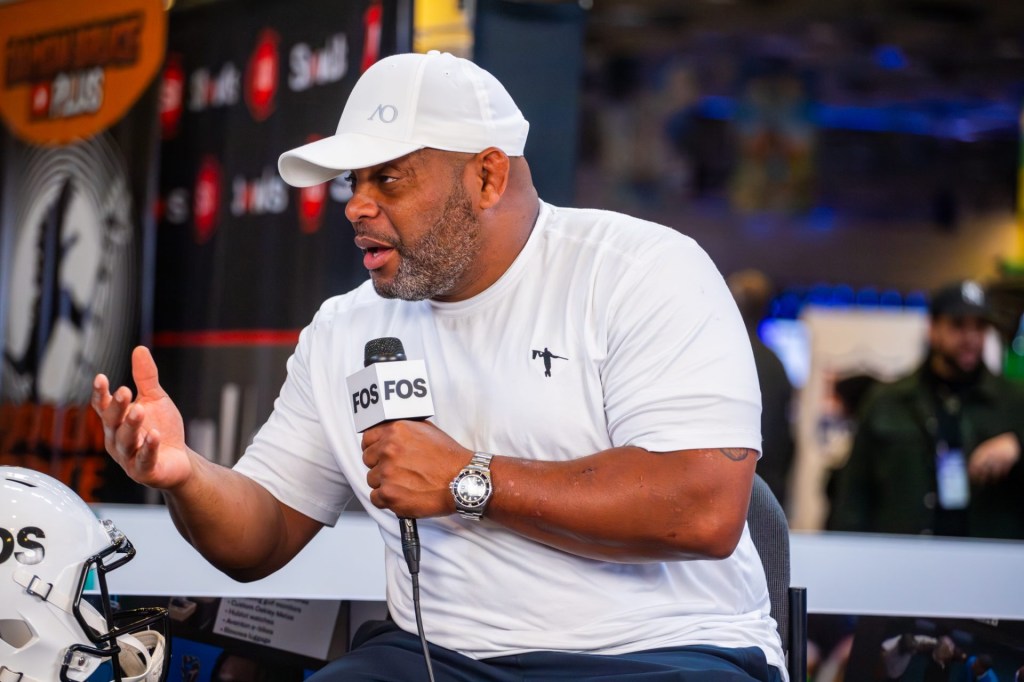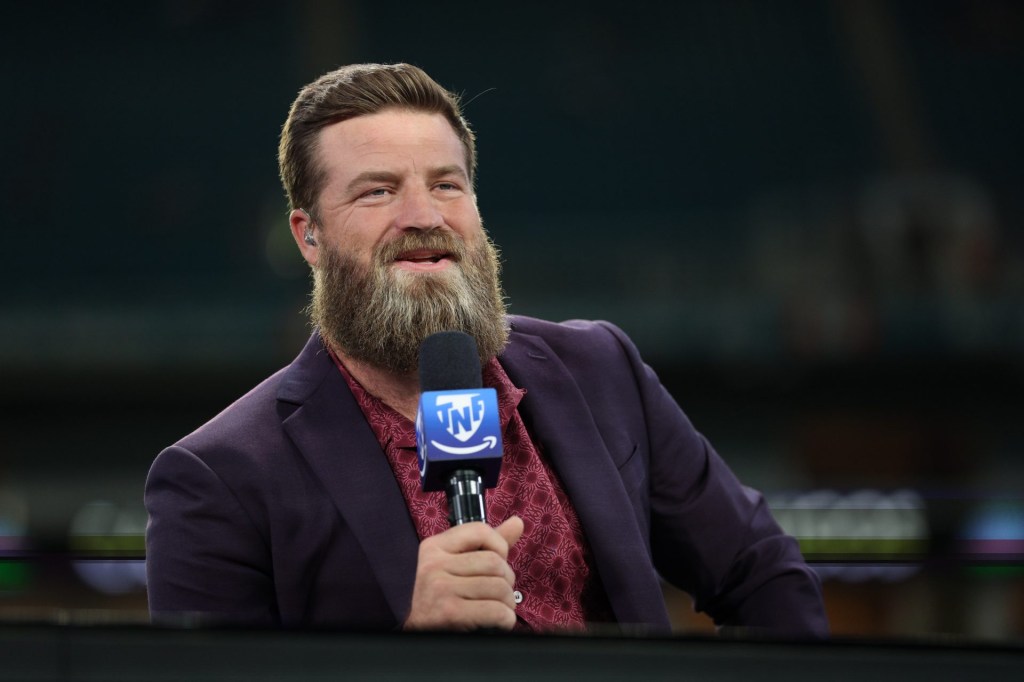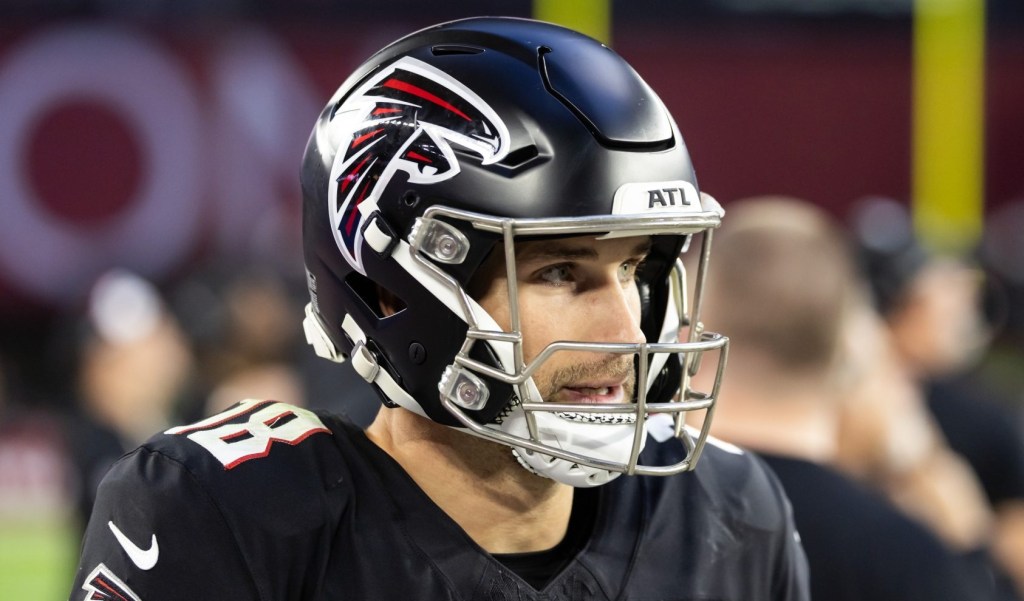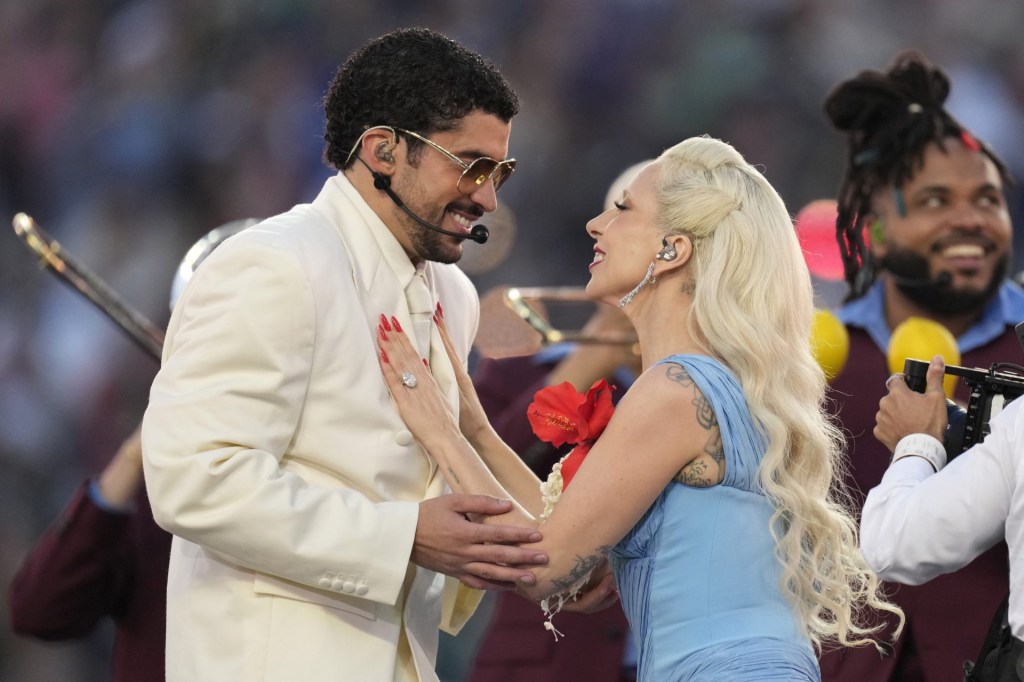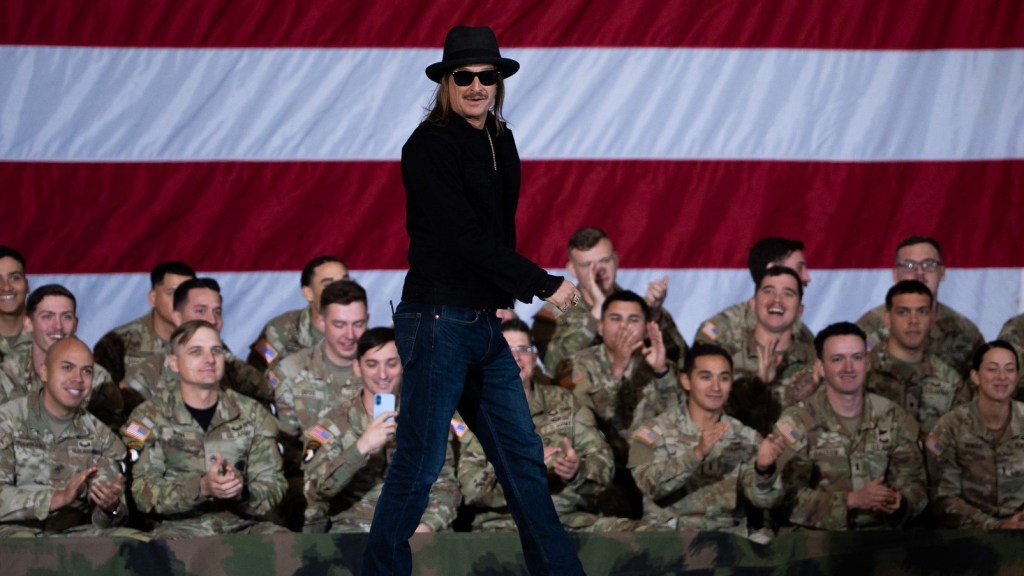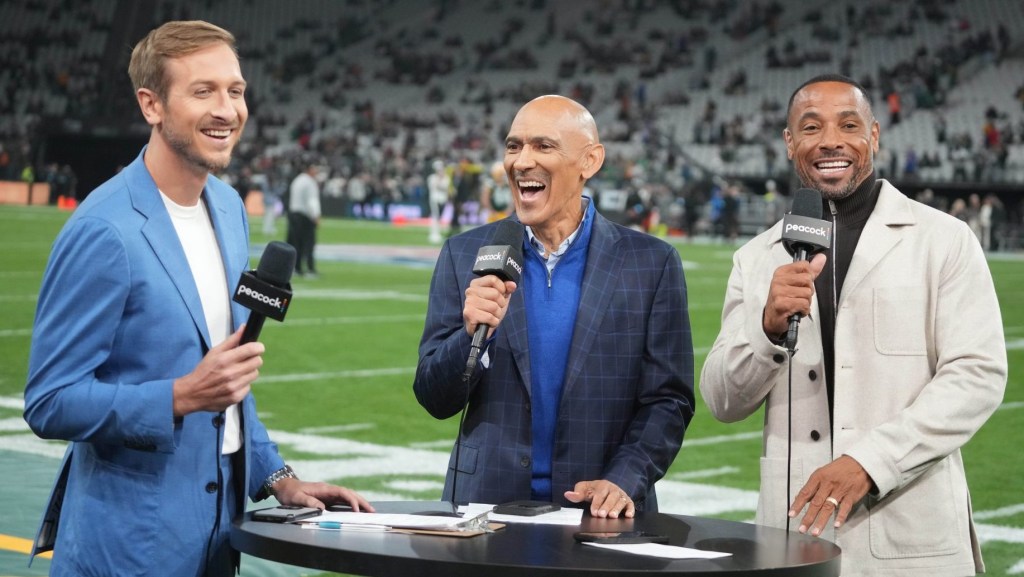The Phoenix Suns should be at training camp in Las Vegas getting ready for the 2020-2021 season. That normally is the case – if they weren’t still finishing last season.
From July 30 to August 14, 22 NBA teams – including the Suns – will be resuming their 2019-2020 season at Walt Disney World in Orlando. Playoffs will begin just three days following the regular season on August 17, with October 13 being named as the last possible date for Game 7 of the 2020 NBA Finals.
With 2020 being the year of COVID-19, the passing of Kobe Bryant, and political and social unrest, it has inspired the Suns and their sister team, the Phoenix Mercury, to capture it all on film. Their recent content series, Don’t Sleep on Basketball, dedicates itself to documenting the new normal that both the basketball community and country are living through.
Dean Stoyer, the Suns’ chief marketing and communications officer, said the organization came together and decided to document the challenges and unprecedented movements that 2020 has thrown at the world.
“What we didn’t expect and see coming was Black Lives Matter and social justice and racial justice being at the forefront,” Stoyer added. “We don’t even know what’s next, so let’s capture everything we’re going through and what society is going through through the lens of basketball.”
Since launching on June 11, the five-episode series has touched numerous topics in both the Suns organization and the NBA at large. Its first profile shined light on Frank Kaminsky III, who said, “I’ll go to Saturn to play basketball at this point.” The episode filmed Kaminsky as he and his teammates made their return from the pause to Talking Stick Resort Arena, which is currently undergoing $230 million in renovation and is expected to be at 60% completion by the start of next season.
Kaminsky isn’t the only prominent Suns figure to appear on an episode of Don’t Sleep on Basketball. General manager James Jones and players like DeAndre Ayton and Devin Booker have also starred on the series, covering various topics ranging from returning to the court following this extended hiatus to the team’s growing esports interests.
“We’ve been working with the team so closely over the past several years,” Nick Williams, the Suns’ senior manager of content production, said. “That, coupled with everything that’s going on, has allowed us to connect with them in ways that we never have before.”
READ MORE: Suns Play Out Season On Twitch To Bring Fans Together Virtually
It’s not just basketball and the coronavirus pandemic that has impacted the Suns in recent months. In the latest episode, more than half of the 25-minute clip touched on the Black Lives Matter movement. Notable personnel like Jones, head coach Monty Williams, Kaminsky and teammate Cam Johnson offered their own perspectives on the race and social justice protests that were occurring throughout the United States shortly after the death of George Floyd at the hands of Minneapolis police.
For episode five, other important, but less-recognized, members of the Suns gave equally as compelling thoughts. From Shaquin Albrow – the team’s senior coordinator of community and player programs – to Facilities Management Coordinator Ruth Stamp-Shepard, the wide range of interviewees is what Stoyer believes makes the series even more intriguing.
“In my 12 year history, it’s by far the heaviest subject matter that we’ve dealt with on the Suns and this team,” Stoyer said. “It’s some pretty heavy stuff. When you work with a sports team, you think stats and fun stuff, but it’s just not.”
Through five episodes, the Don’t Sleep on Basketball series has generated more than three million impressions and 247,320 video views across its numerous platforms, including FOX Sports Arizona, the Suns’ and Mercury’s social channels, YouTube and Suns.com.
Ahead of the NBA’s restart on July 30, the NBA created a content catalog of all 22 teams participating in Orlando. The league put episodes from Don’t Sleep on Basketball in the catalog and made it available for media to download, Stoyer said. He believes that that is further proof of the series’ content and the access that the Suns have to their players and staff that few, if any, possess in sports.
READ MORE: Phoenix Suns Embrace Mobile Ticketing, Payments On New App
“It’s on a level of storytelling and access that I don’t think any other team or league is doing,” Stoyer said. “It provides a completely different view of society that we just thought was a great storytelling vehicle. We started to connect on everything that everyone was going through, and that’s where it started. When we first started, we didn’t know when basketball was going to come back. But the reality was – basketball is an interesting vehicle to not only capture those stories, but also to bring people together. It doesn’t necessarily heal and turn things around, but it does have some healing powers.”
